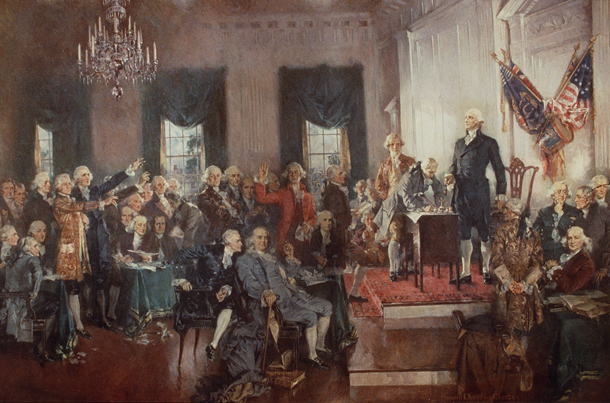The heart of The Next American Economy is nine impressively thorough case studies of “clusters” of successful US businesses, mostly making innovative products such as new types of batteries and adhesives. A veteran reporter, Holstein expended a lot of shoe leather in his researches, from Massachusetts to California, and he does an excellent job of describing what he sees and letting his subjects speak for themselves.This is very well stated. The essential and unavoidable nature of government involvement in processes of innovation is a point that is often missed in policy debates. A better debate starts with the acknowledgement -- like it or not -- that government has an important role in innovation. The more interesting policy questions are what the role might be in particular contexts to help steer innovation in desirable directions.
The point that crops up with startling regularity in their stories is the importance of government, both national and local, in helping these businesses to grow. A North Carolina technology company called Protochips, for example, pays warm tribute to the efforts of state and federal government agencies in helping it to export, including “excellent” Japanese translation.
Often, the positive contribution of government comes from the Pentagon, sometimes through its lavish spending on contracts with high-tech companies, and sometimes through its own research. As he and several of the other writers point out, the Defense Advanced Research Projects Agency laid the foundations of what became the internet.
The lesson Holstein draws is that, “Whether we like it or not, the federal government is involved in the economy, and must be.” In other words, for good or ill the government has a huge influence over the economy and it would do better to use that influence effectively in pursuit of thought-out strategic goals.
28 March 2011
Like it or Not
Writing in Saturday's FT, Ed Crooks reviews several books on innovation. Of William Holstein's book, The Next American Economy, Crooks writes:
